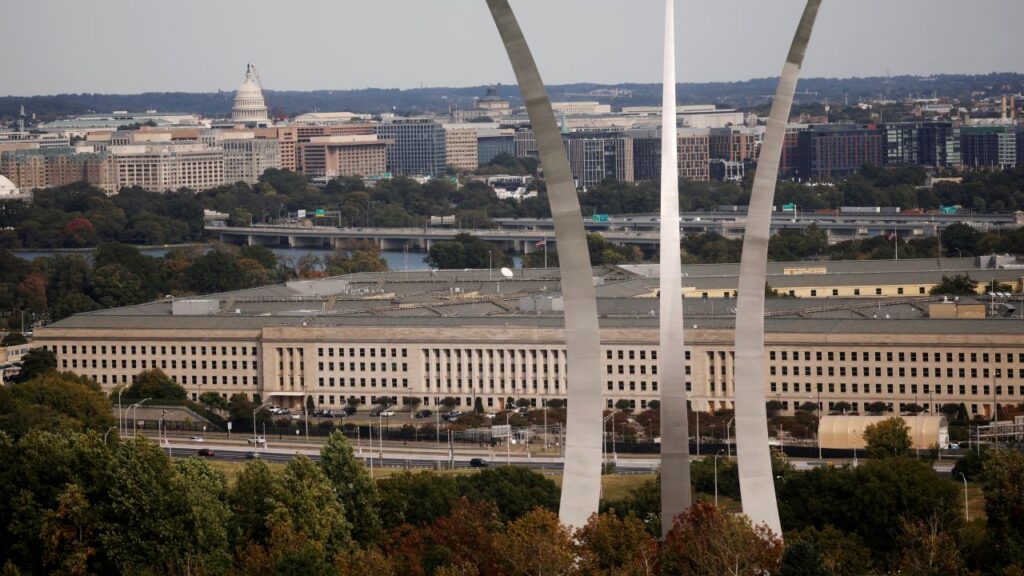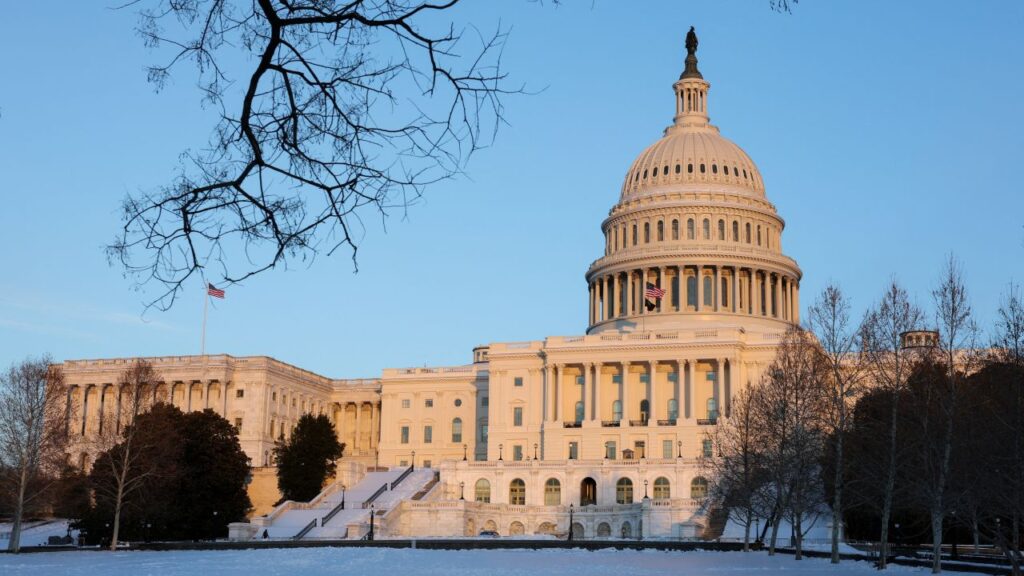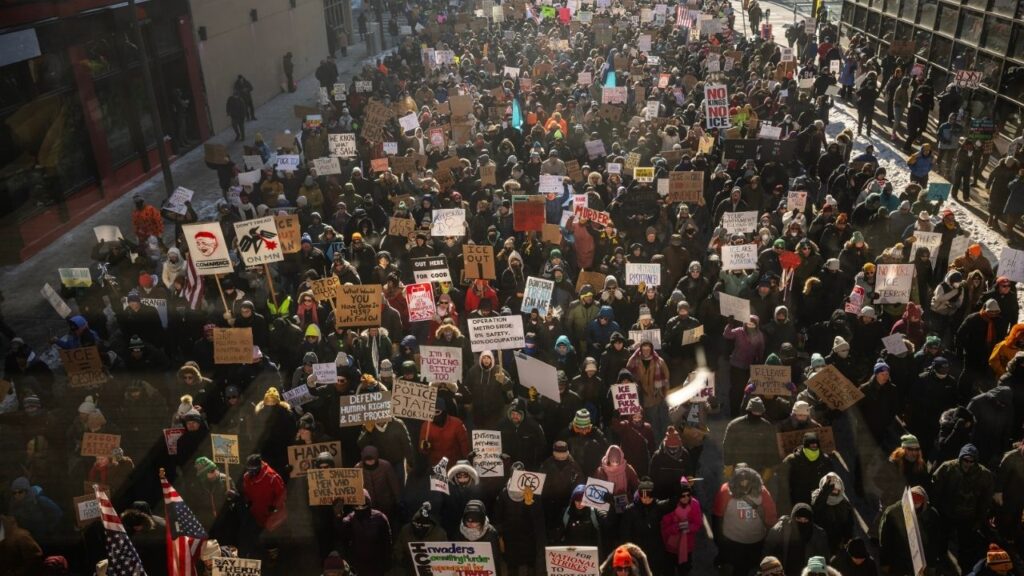Share
California officials have pursued Gilbert Hyatt for nearly three decades, trying to force him to pay state income taxes on royalties he began receiving in the early 1990s from his groundbreaking technology inventions.

Dan Walters
CALmatters
Hyatt moved from Southern California to Las Vegas just before the royalty payments began rolling in, clearly hoping to take advantage of Nevada’s lack of a state income tax. But the Franchise Tax Board, California’s tax collector, alleged that it was an improper tax dodge and billed him for millions of dollars in taxes, igniting their epic battle.
The conflict over Hyatt’s residency has been waged in state tax agencies, in Nevada courts and in federal courts, expanding from tax residency into the inventor’s allegations that he was being unfairly harassed.
“It’s been a horrible quarter-century,” Hyatt told the Bloomberg Tax newsletter at one point. “The FTB has used all kinds of tactics that I’ve been concerned it’s using with all taxpayers to extort taxes that aren’t owed.”
In 2017, Hyatt scored a major win before the Board of Equalization—essentially California’s tax court—which rejected the FTB’s claims of fraud. It ruled that Hyatt owed no state tax for income in 1992 but did for a part-year residence in California in 1991. It reduced his potential tax bite from $55 million to $1.9 million plus interest.
However, that wasn’t the end of it.
Something of a Hollow Victory
Hyatt’s complaints about the FTB’s tactics prevailed in Nevada state courts, including that state’s supreme court, which declared that California owed damages to Hyatt.
But that wasn’t the end of it, either.
California maintained that under the doctrine of “sovereign immunity,” it could not be sued in the courts of another state, even though the U.S. Supreme Court, in another case out of Nevada, declared in 1979 that such suits were permissible.
By and by, therefore, Hyatt’s suit against California made its way back to the U.S. Supreme Court. Last week, on a 5-4 vote, it overturned its 1979 ruling and upheld California’s claim of immunity—even though it had previously allowed Hyatt’s case to proceed.
Although California won last week, it was something of a hollow victory, since Hyatt largely prevailed on the initial dispute over his residence. The state spent an estimated $25 million to pursue the inventor so probably wound up in the red.
An Even Wider Impact—perhaps on Abortion Rights
Hyatt’s semi-victory indicates that California taxpayers who flee the state’s highest-in-the-nation income taxes stand a pretty good chance of avoiding the state’s tax collectors, if they carefully plan their moves. There’s anecdotal evidence that such relocations are occurring among the state’s wealthiest residents, especially since they can no longer deduct more than token amounts of state taxes on their federal income tax returns, thus increasing the bite.
However, last week’s Supreme Court ruling could have an even wider impact—perhaps on abortion rights.
“Today’s decision can only cause one to wonder which cases the court will overrule next,” dissenting Justice Stephen Breyer wrote, citing the 1992 case of Planned Parenthood vs. Casey in which the justices, by a 5-4 vote, reaffirmed a woman’s right to have an abortion.
Many abortion-rights supporters fear that Justice Brett Kavanaugh could provide the court’s conservative bloc a fifth vote to overturn some or all of the court’s abortion rulings.
The Hyatt ruling was published just as Alabama’s Legislature and governor enacted a sweeping ban on abortions, virtually inviting a lawsuit on the issue that would make its way to the Supreme Court.
CALmatters is a public-interest journalism venture committed to explaining how California’s state Capitol works and why it matters. For more stories by Dan Walters, go to calmatters.org/commentary.



















